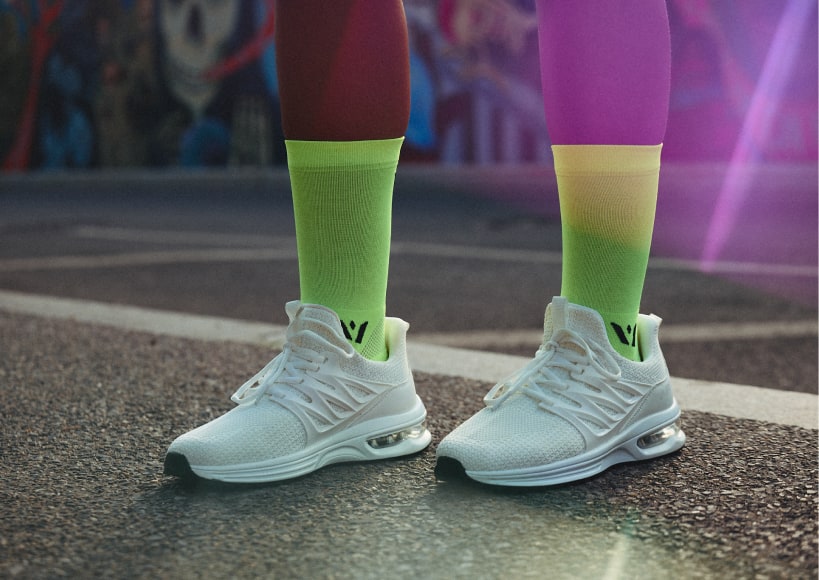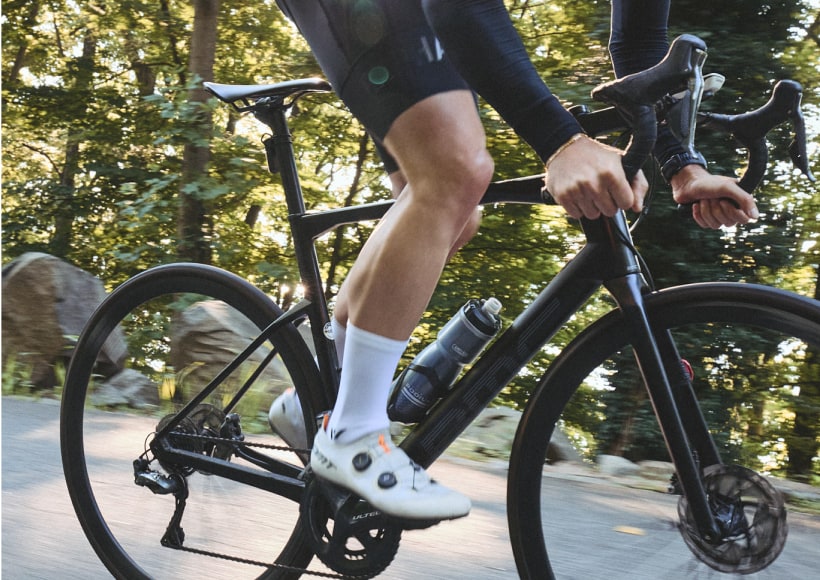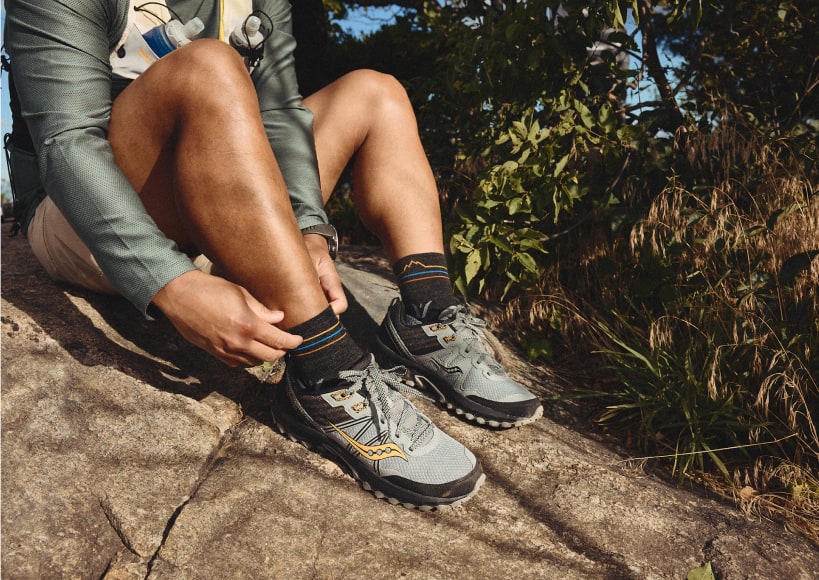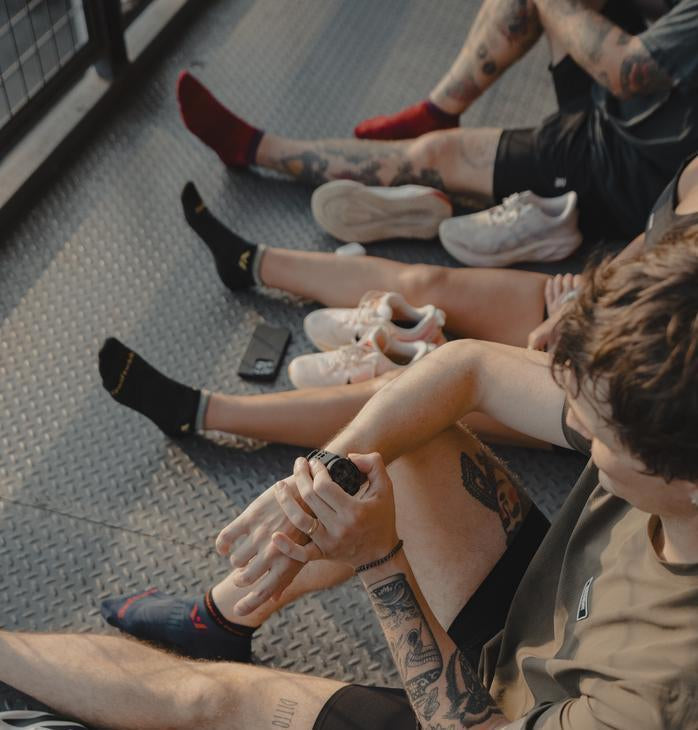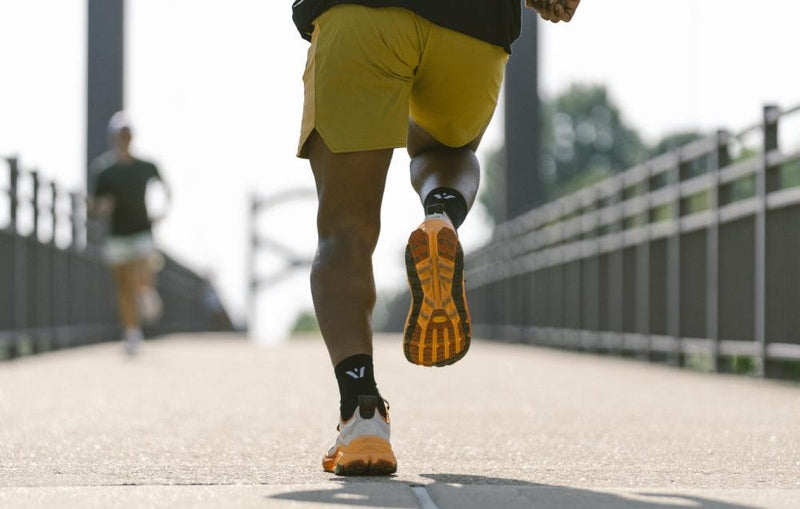October 02, 2024
Pushing the Pace: Chasing PRs in Chicago
Maintaining energy, balance, and recovery during race season.
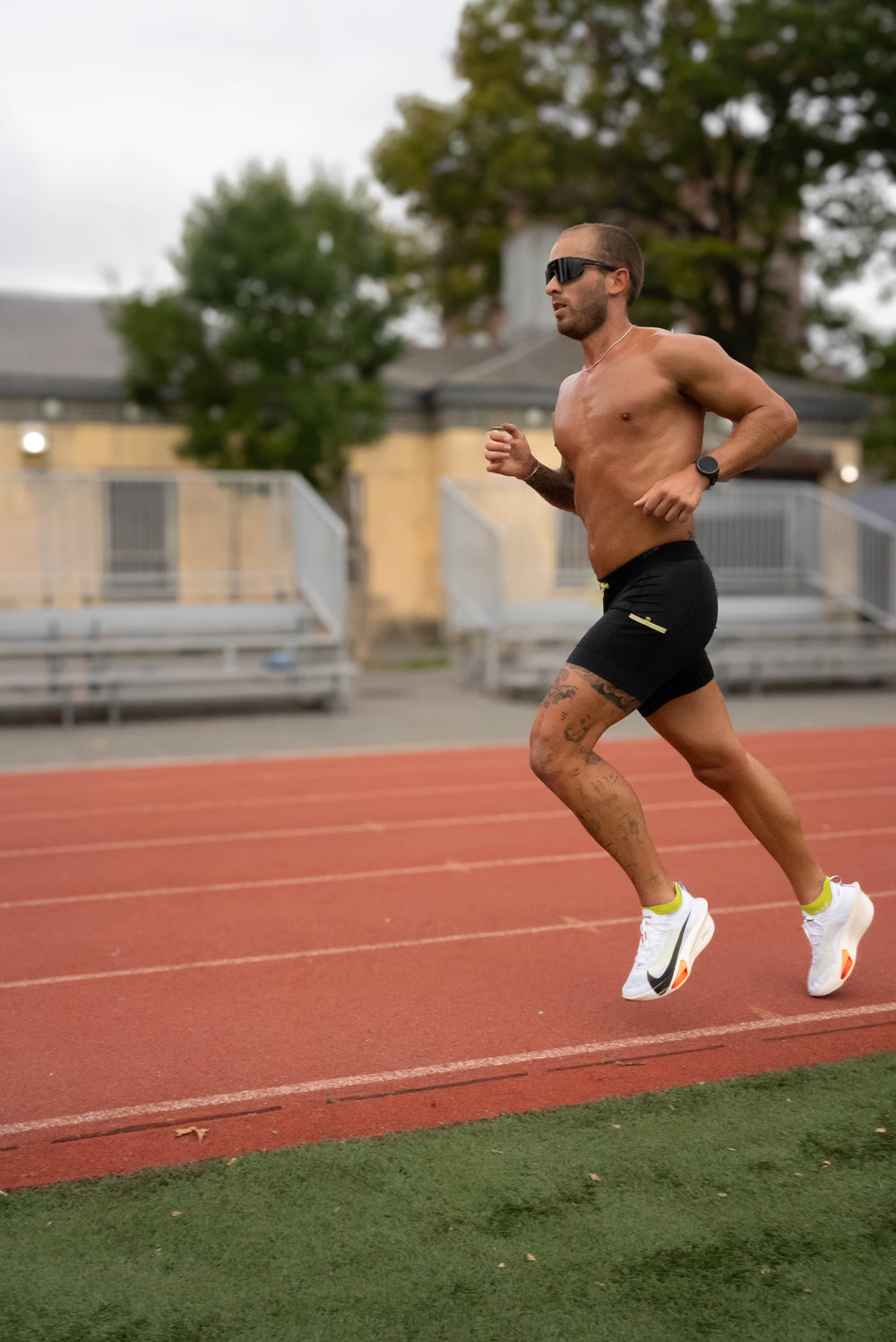
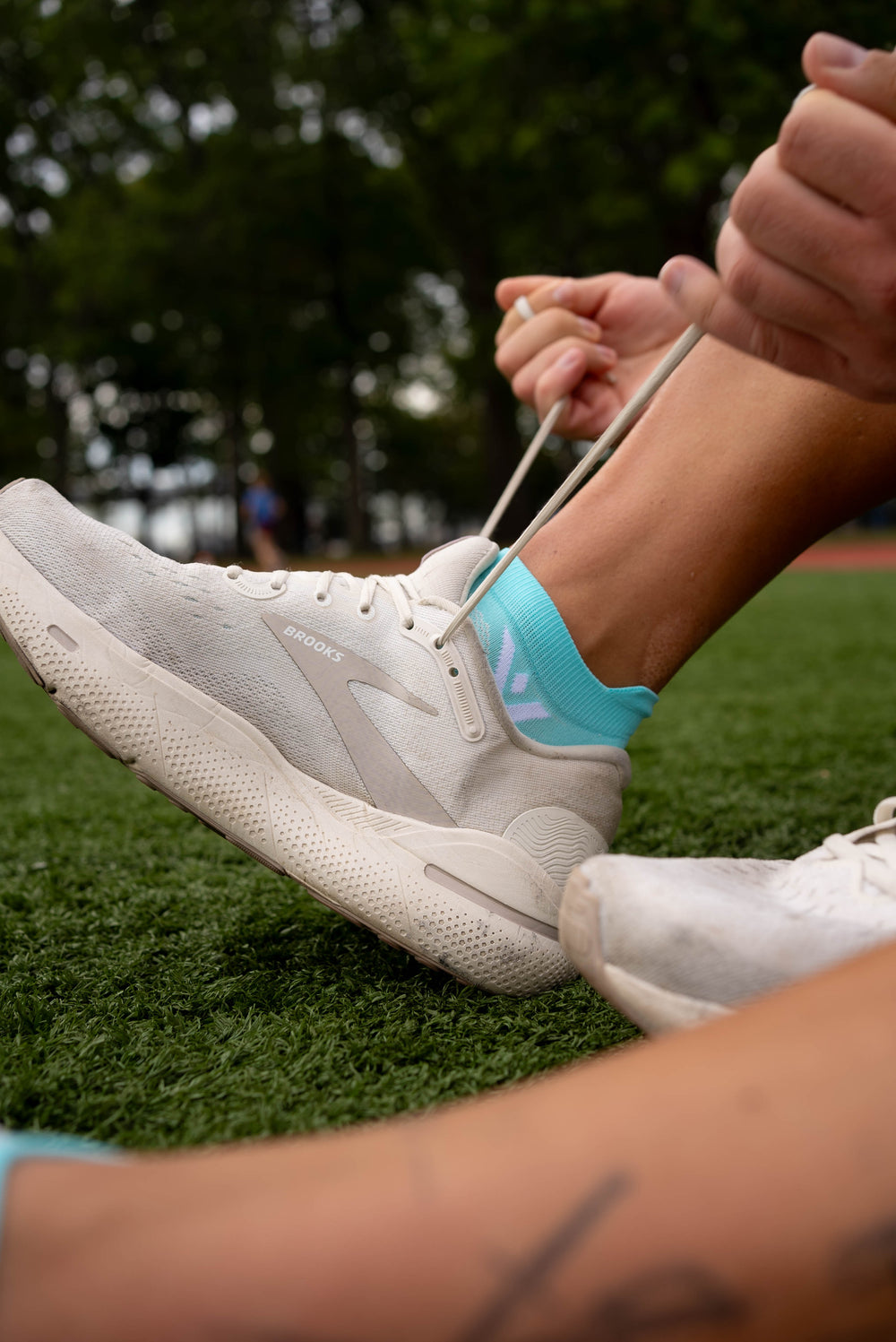
Every morning, long before the rest of the world wakes, athletes lace up their shoes and head out the door. They push their limits on roads where the only witnesses are the sunrise and the sound of their feet hitting the pavement. For these athletes, training isn’t just a means to an end; it’s a way of life. Each day’s run marks another step toward a personal milestone, a reminder that, no matter the challenge, they’re all in.
Today, we sit down with Trevor Franklin, a gym owner and marathon runner, to dive into what drives him to balance the demands of managing a business with the pursuit of personal marathon records. In this interview, Trevor opens up about the highs and lows of training, the lessons learned from injury, and why crossing the finish line is never the end of the journey.
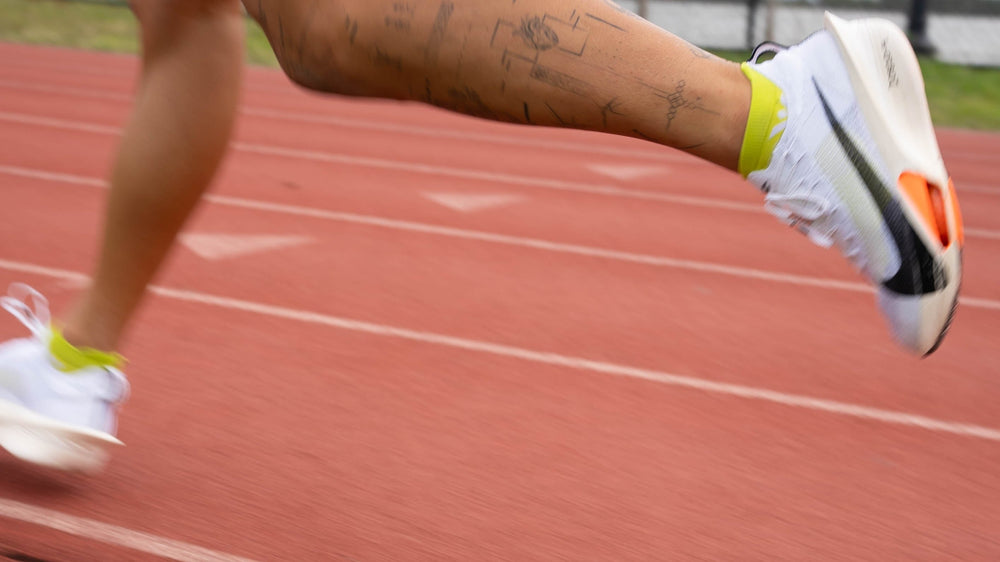
Q: How did you first get into running?
Trevor: My journey into running started back in sixth grade. I was in a small town in Texas, and I’ll be honest—initially, I joined the cross-country team to get closer to some girls I had crushes on. It didn’t really work out in that sense, but I discovered I actually loved the sport. I stuck with cross-country through middle and high school, and then shifted into CrossFit and bodybuilding in college. The real turning point came during COVID when everything shut down. With limited access to gyms, I started training for my first marathon, and it reignited that competitive spirit.
Q: You’ve done CrossFit and bodybuilding. How does that factor into your marathon training?
Trevor: At first, I thought I could keep lifting heavy while training for a marathon—three or four days a week in the gym, plus running. That didn’t go as planned. I ended up with an injury before one of my first big races. So now I’ve learned to adjust. I start a training cycle with two to three lifts per week, but as I push past 40 miles a week in running, I drop down to one to two lifts. It’s all about managing the energy balance and recovery times.
Q: Have you dealt with any major injuries? How did you handle them?
Trevor: Yeah, I got a stress fracture while training for the New York City Marathon a few years back. I overdid it—running 5Ks and 10Ks, even doing two races in one day without giving myself time to recover. It caught up to me. That stress fracture put me in a boot for six weeks, and it sucked. But it was a huge learning experience. I realized I needed to be smarter with recovery, not just stack up races. Now I look at racing on a three to six-month basis instead of trying to do everything in one season.
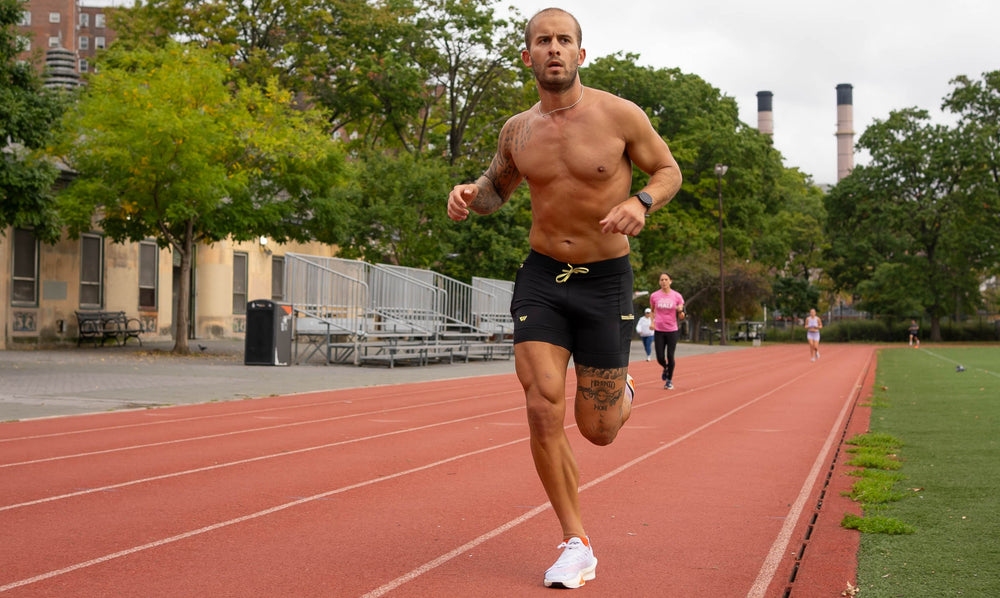
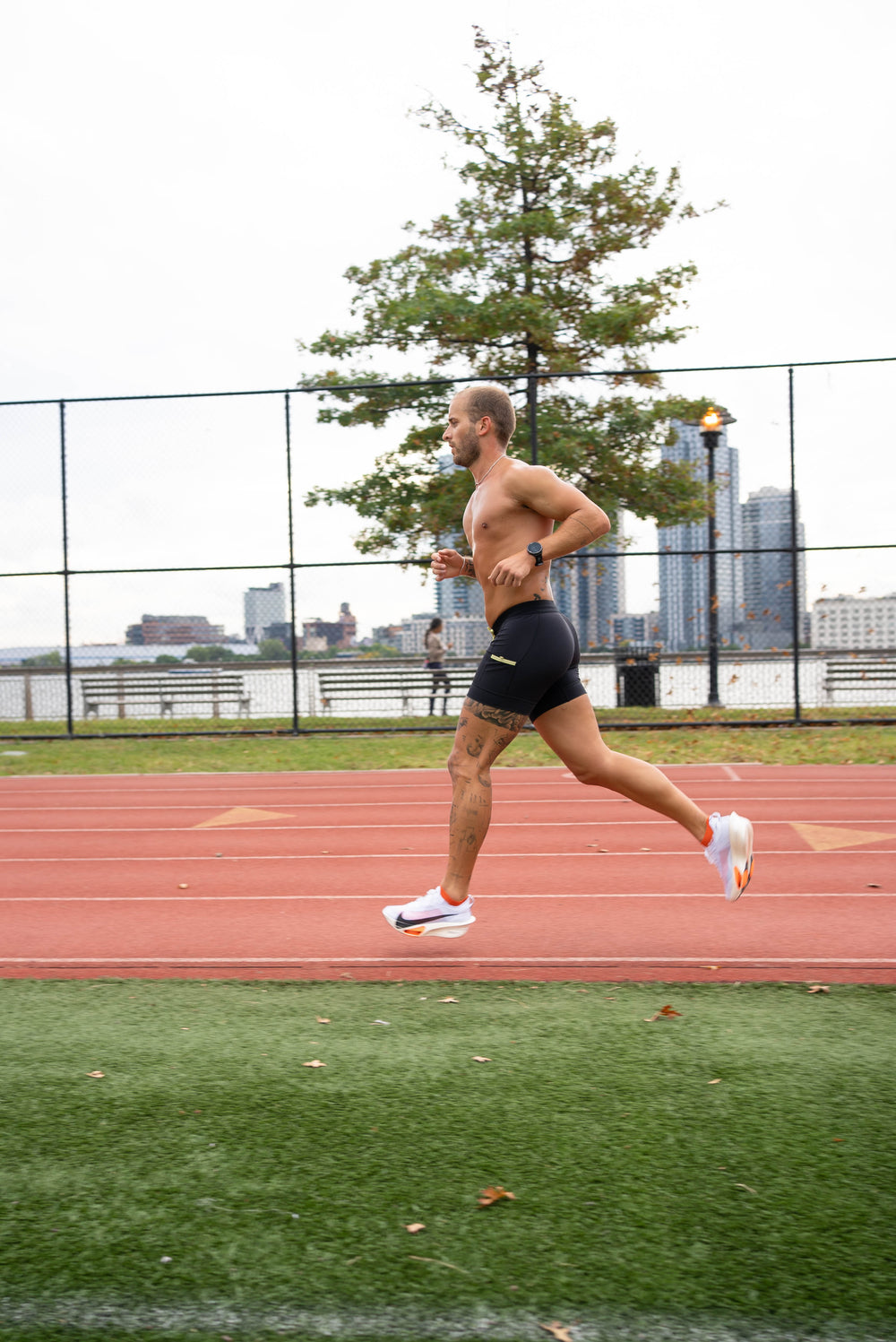
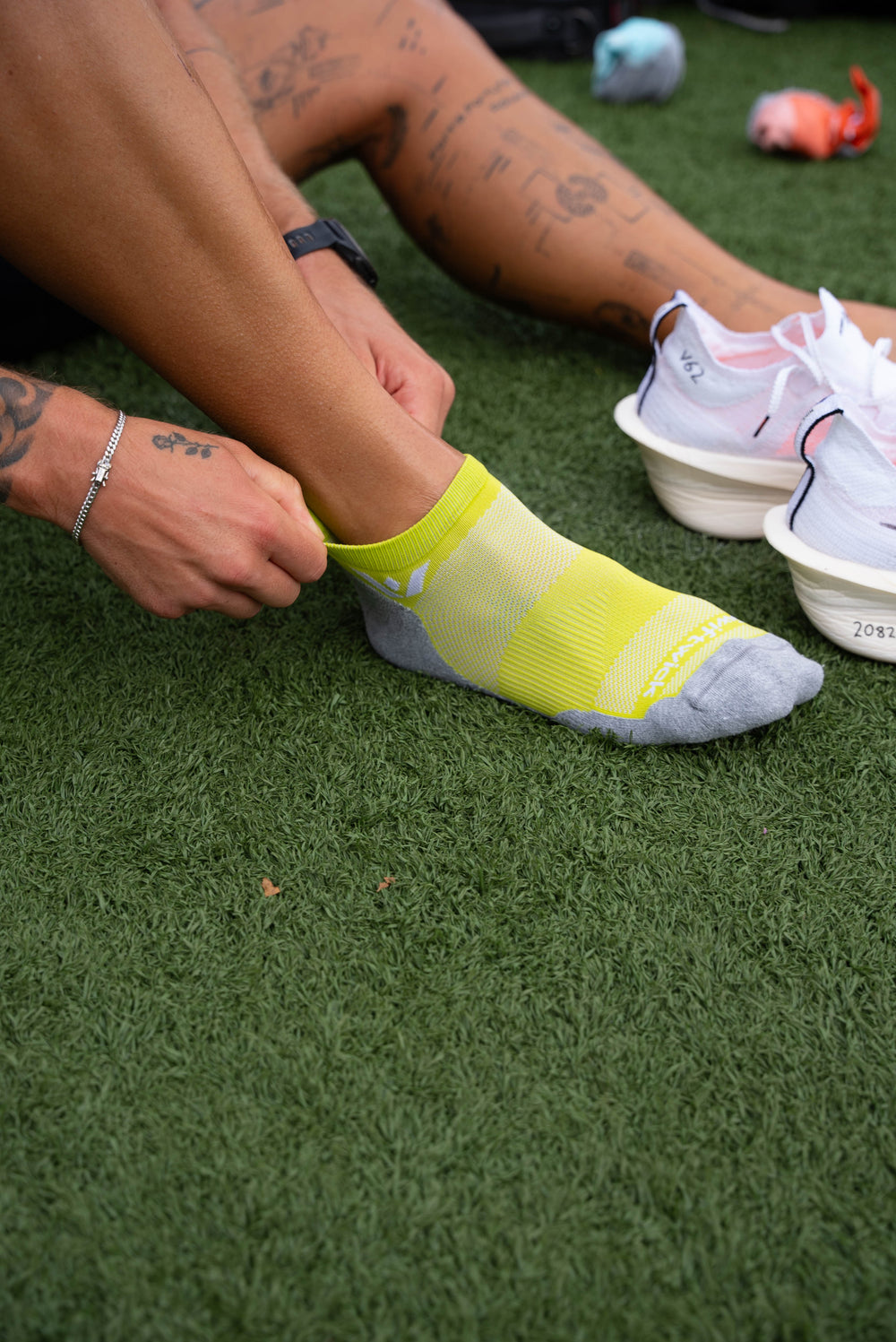
Q: Why do you run marathons?
Trevor: The first marathon I did was just to see if I could do it. I ran cross-country growing up, but 26.2 miles seemed like an insane distance. Once I crossed that first finish line, I realized I could do better. I’m competitive, so that became my driver—can I go faster? Can I push harder? There’s a mental aspect too—it’s not just about physical endurance, it’s about seeing how much discomfort you can handle and still keep moving forward. Every race is a test, and each one leaves me wanting to beat my last performance. It’s the challenge that keeps me coming back, pushing me to improve with each marathon.
Q: What’s your mindset on race day?
Trevor: Race day is like the cherry on top of a brutal training block. It’s my reward for putting in 40 to 60 miles a week and sacrificing so much time. I remind myself of that when I’m deep in the pain cave. I’ll admit I use a lot of negative self-talk to push through. It works for me, but I try to balance that with reminding myself that I’ve earned this moment. I put in the work, and now it’s time to cash in.
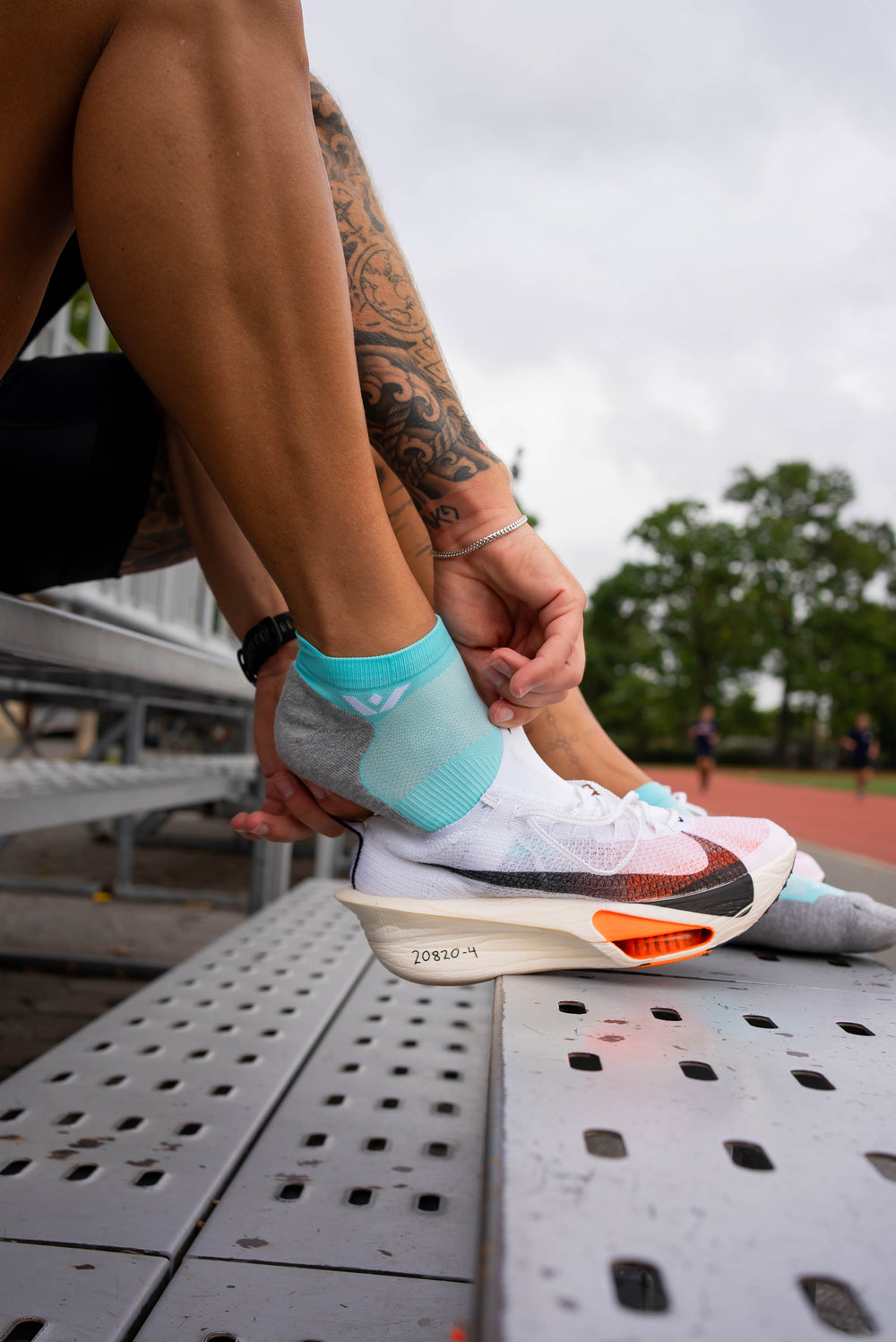
Q: What are your pre-race rituals?
Trevor: My pre-race rituals are pretty consistent. The night before, I dive into a large Domino's pizza—yeah, I know it’s sacrilege for New Yorkers, but it’s my comfort food from college. I wash it down with Diet Coke and aim for 6-8 hours of sleep. A quirky part of my routine? I shave my legs for that aerodynamic edge; I’ve been doing it since losing a bet in high school, and I love the feeling.
Q: What’s been the toughest part of training for this marathon?
Trevor: Honestly, it’s the time commitment. Training for a marathon feels like a part-time job. I’m running four to five days a week, sometimes for two or three hours at a time, on top of managing my gym and clients. It’s tough to balance everything. But when you’re running 40 to 60 miles a week, that downtime gets sacrificed.
Q: What advice would you give to someone running their first marathon?
Trevor: Just sign up. Don’t wait until you think you’re in the perfect shape because that moment never comes. Once you’ve got a race on the calendar, everything starts falling into place. Give yourself time, but don’t stress too much about being perfect. A marathon is about progress, not perfection. You’ll learn a lot about yourself in the process.
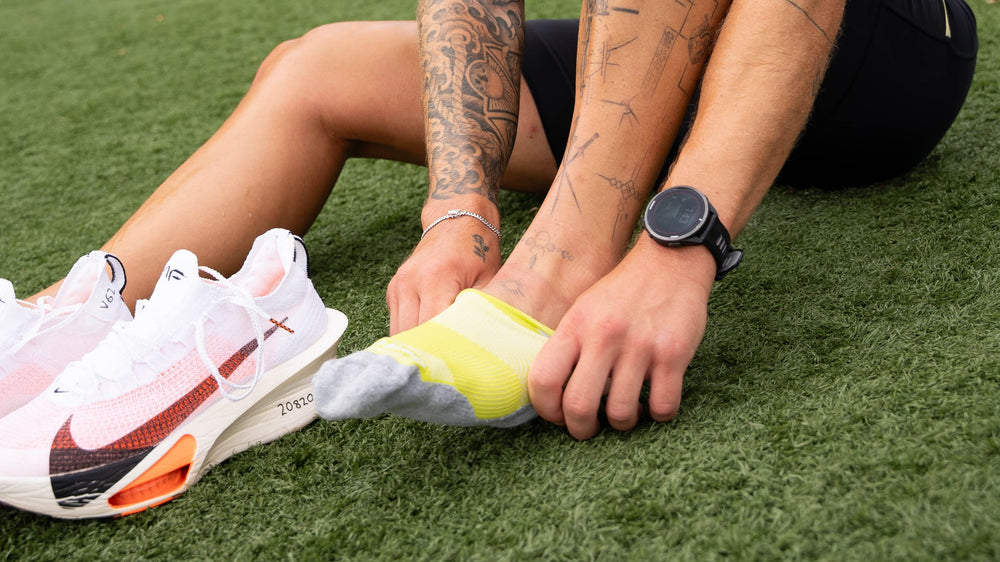
Q: How do you celebrate after a marathon?
Trevor: Honestly, I usually drop a few f-bombs right after finishing [Trevor laughs], but it really depends on the race. My first marathon, the Chicago Marathon, was rough. I wasn’t prepared, so I sat down for 30 minutes, convinced my legs were done for good. In contrast, the New York Marathon this past year was incredible. I felt great, thanks to solid preparation and a great coach.
Q: How important is it to have the right gear when training?
Trevor: It’s huge. I’m all about the “look good, feel good, play good” mentality. For me, that means having gear that I trust and feel confident in. I’ve been loving my Swiftwick socks. They’re thin, wick away sweat, and don’t hold any moisture, which is key for those hot summer runs. Plus, they look good—there’s something about wearing a solid race-day kit that makes me feel faster and more ready to crush a run. It might be psychological, but it works.
Inspired by Trevor’s story? Whether you’re gearing up for your first marathon or looking to take your training to the next level, don’t forget that the right gear can make all the difference. Swiftwick’s socks will keep you comfortable and supported as you chase your own personal records.
Ready to take that first step?
Lace up, set your goal, and start the journey today.
Trevor's Chicago Marathon Socks
